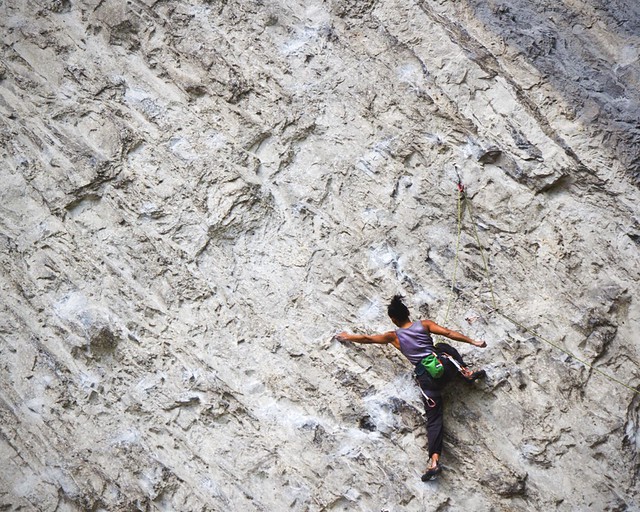If I were to take a photograph of a stranger, (say someone fixing a car in a street or climbing a rock face or something else off the cuff) and I were to sell this to a magazine, does the subject of the photograph have any claim to anything? What if I were to publish it for free somewhere, say in these forum pages?
I can't this this has been discussed anywhere.
Steve
I can't this this has been discussed anywhere.
Steve



 Climber
Climber